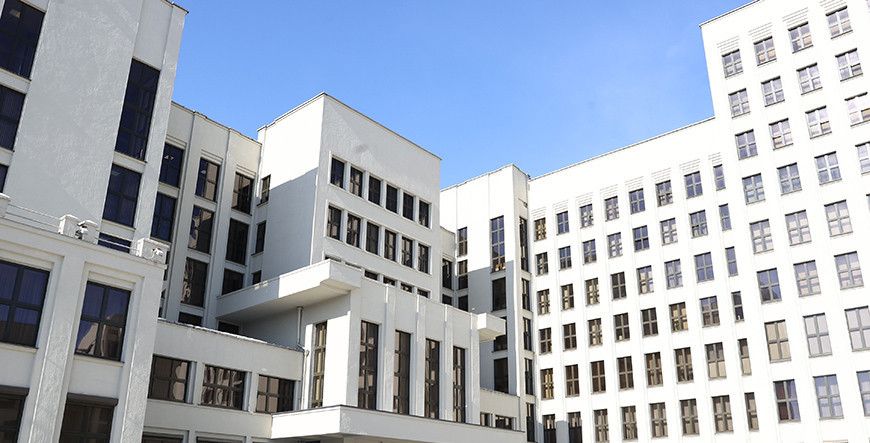Biological safety council established in Belarus
09:58, 2 October

Photo: BelTA
A biological safety council has been established under the Council of Ministers of Belarus. Its composition was approved by Government Resolution No. 634 of 28 September 2023 that was officially published on the National Legal Internet Portal, BelTA reports.
- Share on Facebook
- Share on VK
- Share on Twitter
According to the document, the council will be headed by Prime Minister Roman Golovchenko. Deputy Prime Minister Igor Petrishenko and Vitebsk Oblast Governor Aleksandr Subbotin will co-chair the council. The council will also include Agriculture and Food Minister Sergei Bartosh and Healthcare Minister Dmitry Pinevich.
Other members of the council will be Director of the Institute of Biophysics and Cell Engineering of the National Academy of Sciences of Belarus Andrei Goncharov, Director of the National Research Center for Epidemiology and Microbiology Vladimir Gorbunov, Deputy State Secretary of the Security Council Aleksandr Neverovsky and others.
The Biological Safety Council under the Council of Ministers is defined as a permanent structure aimed at ensuring biological safety, coordinating the efforts to identify, prevent and reduce biological risks associated with the negative impact of hazardous biological factors on the health of humans, animals, plants, and products of animal and plant origin and (or) the environment.
The updated national security concept has a separate section dedicated to biological safety. Speaking at a government meeting on 13 September Prime Minister Roman Golovchenko emphasized that the urgency behind addressing this issue grows every year. Moreover, the last decade has seen an intensive spread of a number of dangerous infectious diseases among people and animals. “These include outbreaks of severe respiratory diseases, the COVID-19 pandemic, and panzootic African swine fever, highly pathogenic avian influenza and others. We see outbreaks of diseases of humans and animals that we thought were eradicated a long time ago, as well as the spread of microorganisms resistant to antibiotics,” the Belarusian head of government explained.
According to him, microbiological experiments of individual states as well as biological laboratories of unknown purposes cause great concern. “Moreover, a number of countries, including our neighbors, have stepped up work to study the genome of humans, animals, plants, and pathogenic microorganisms. And this is not always done purely for scientific purposes,” the prime minister emphasized.






